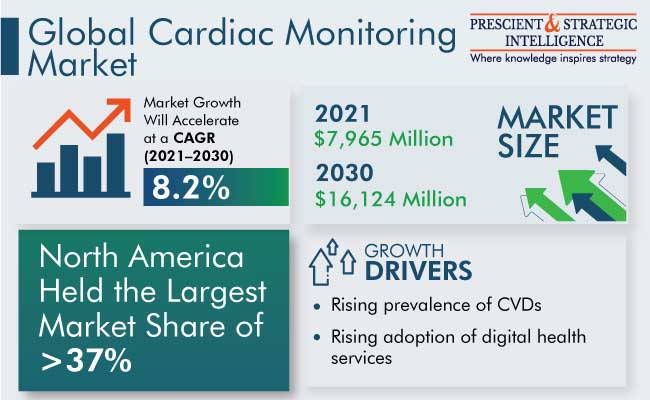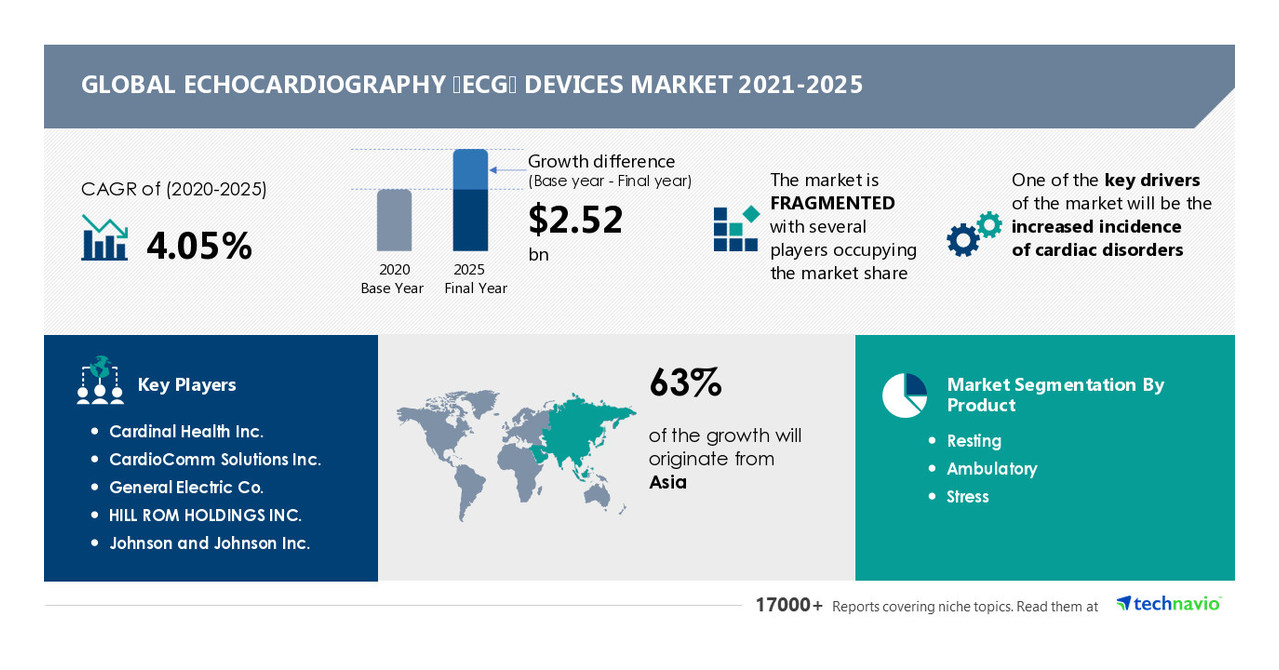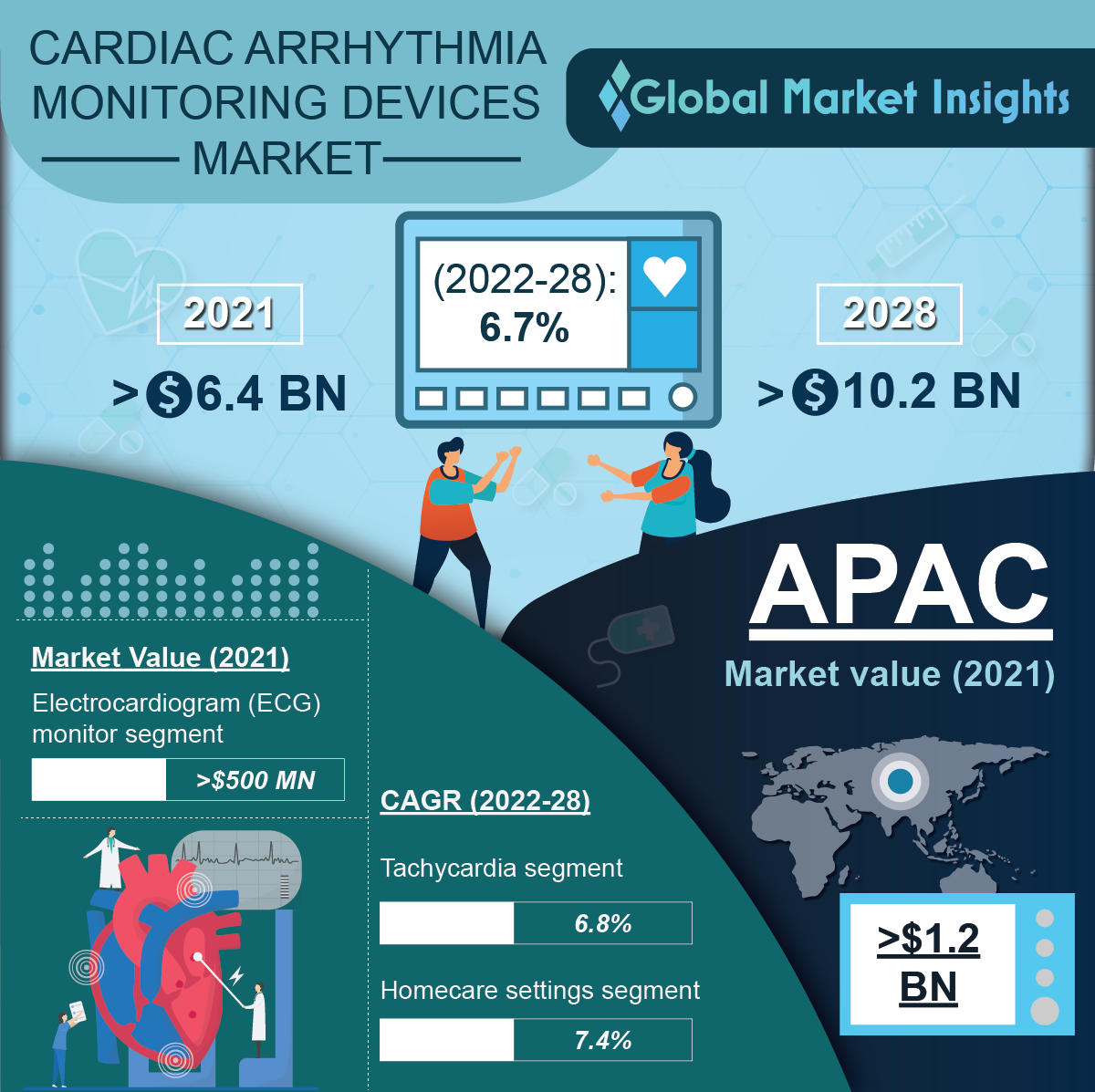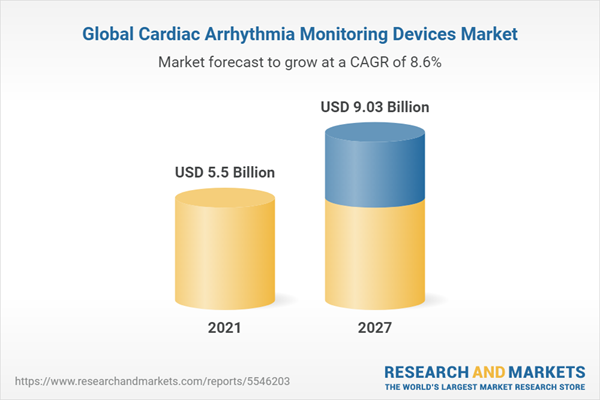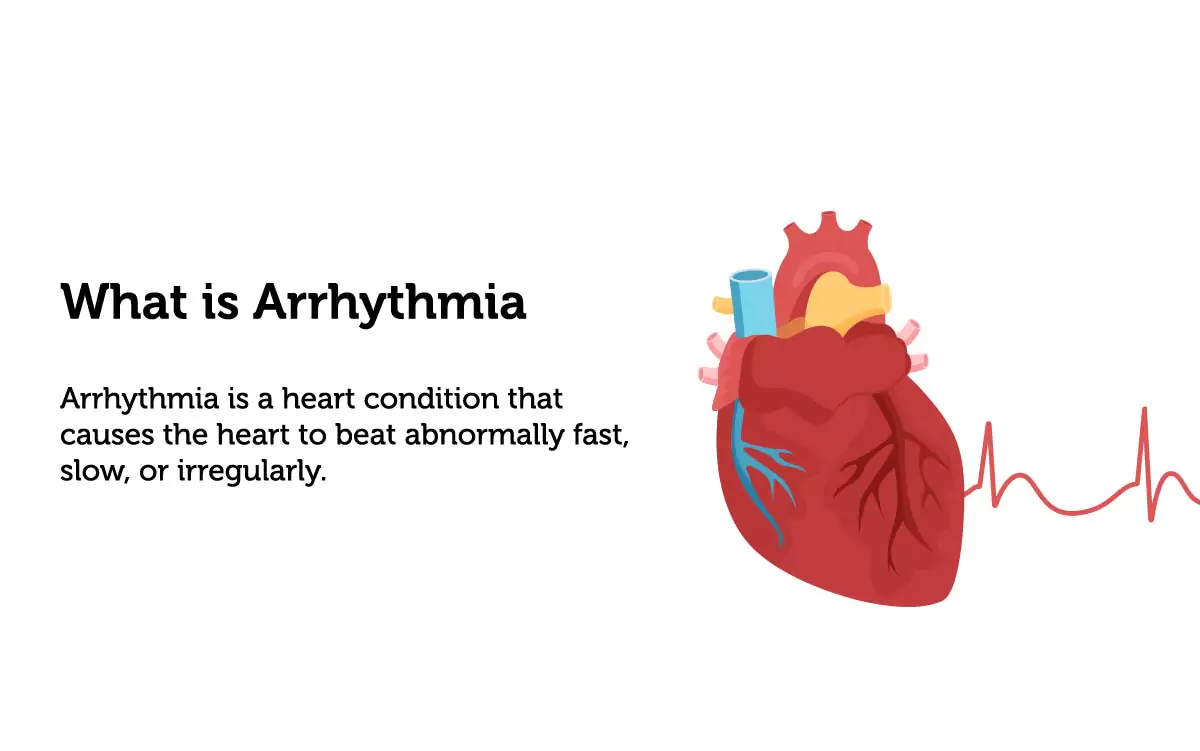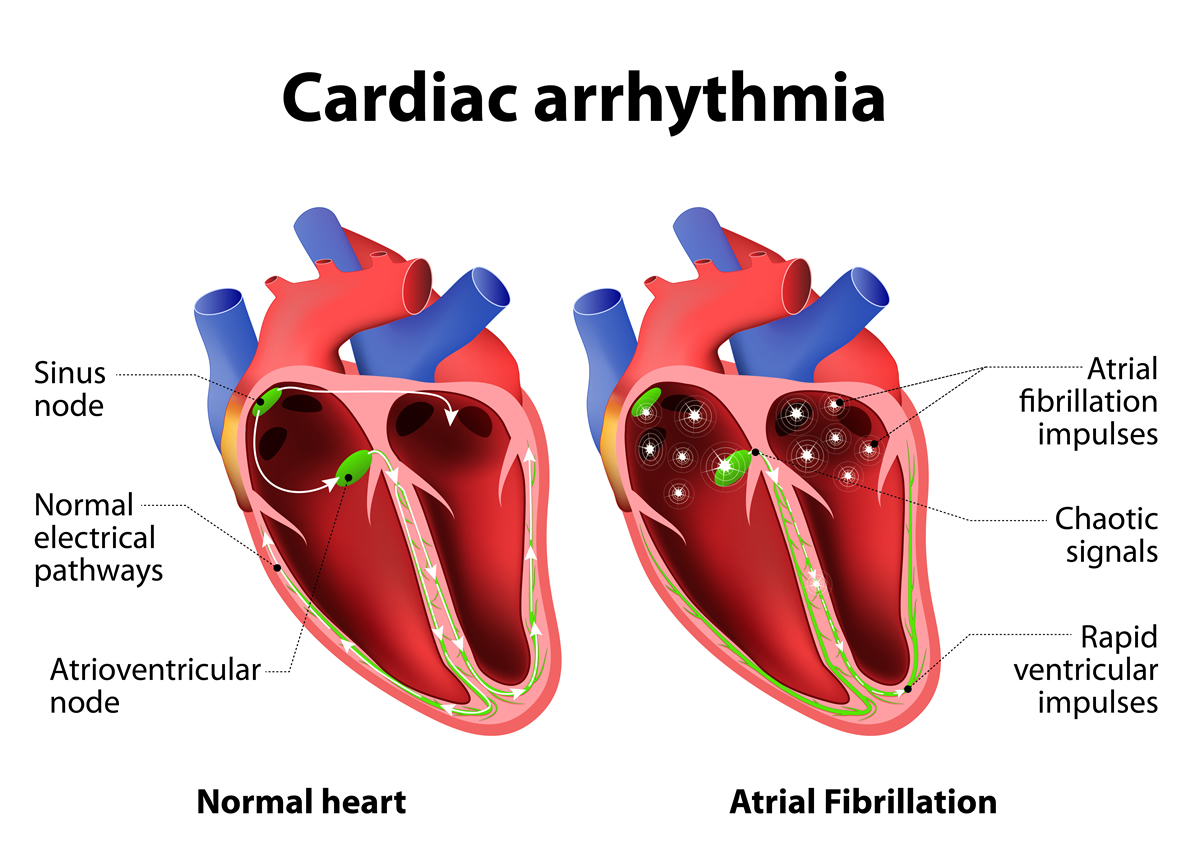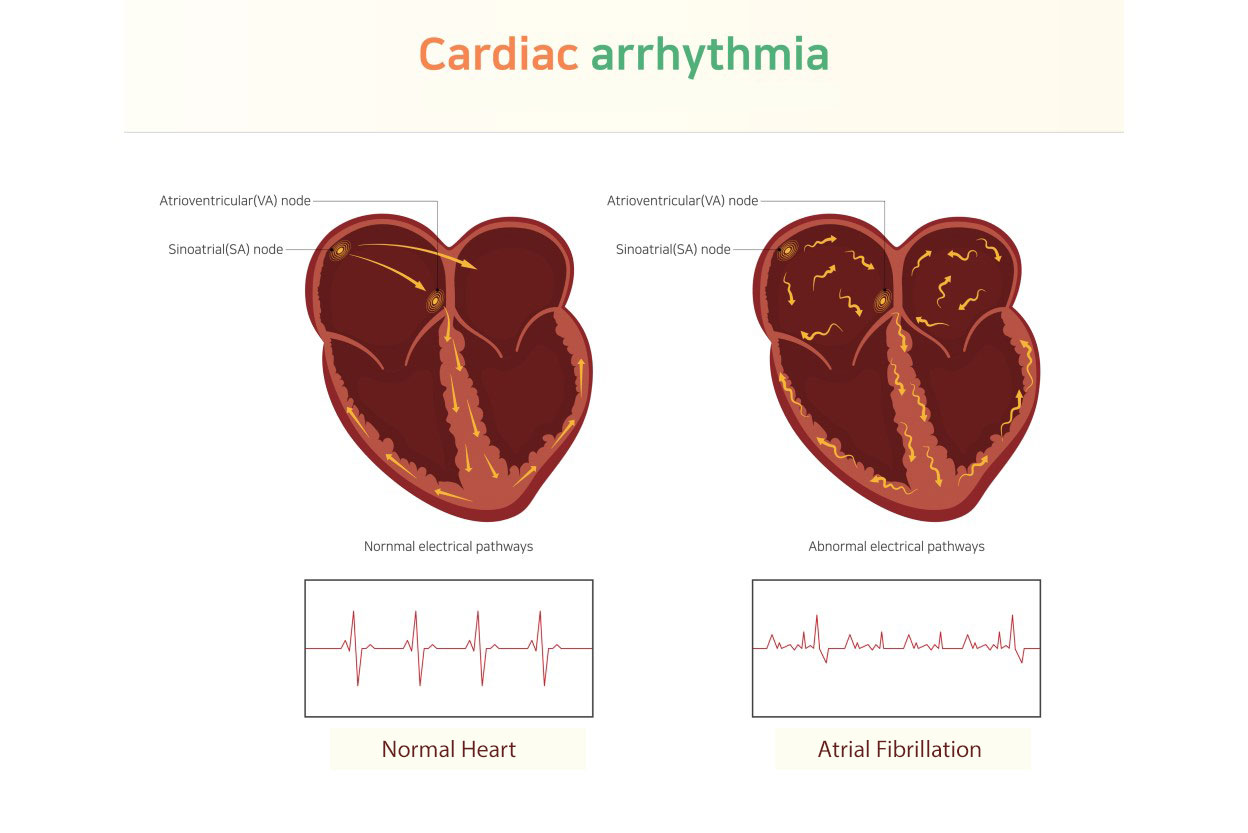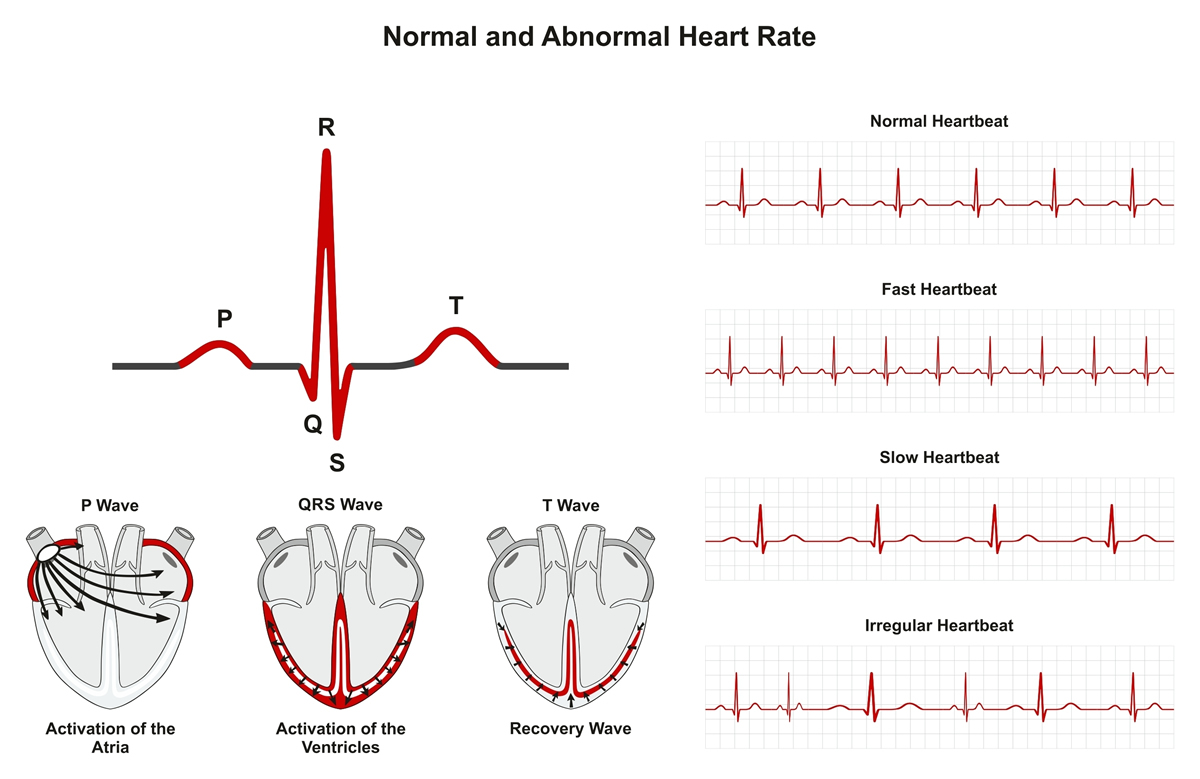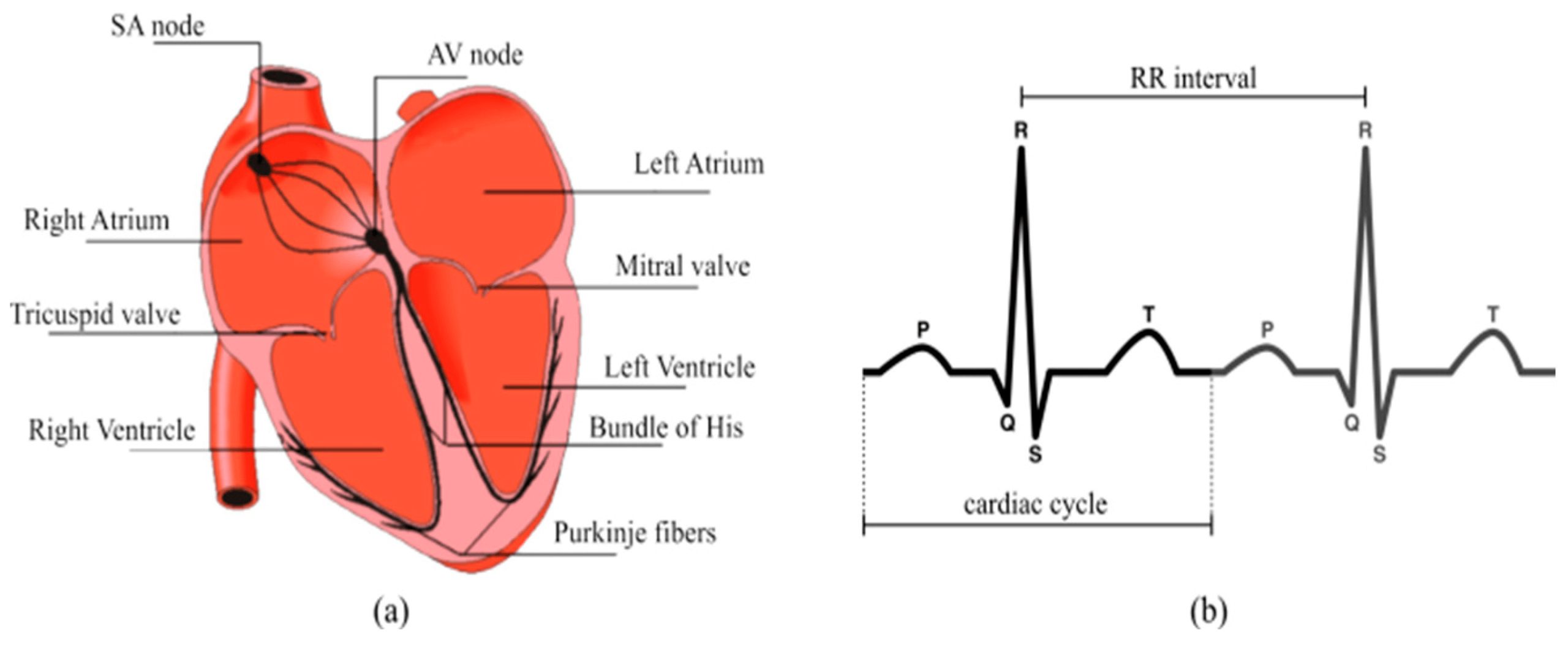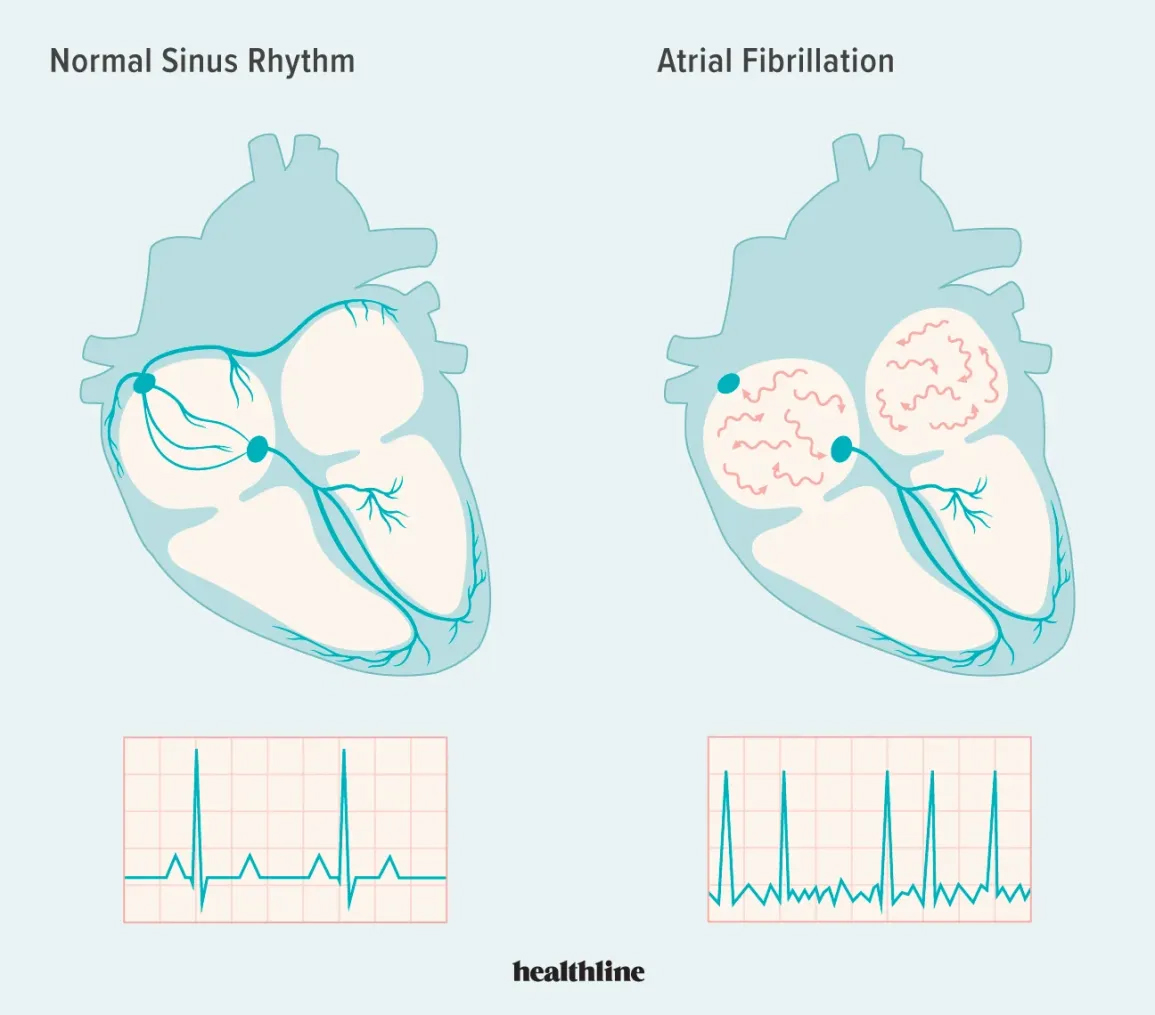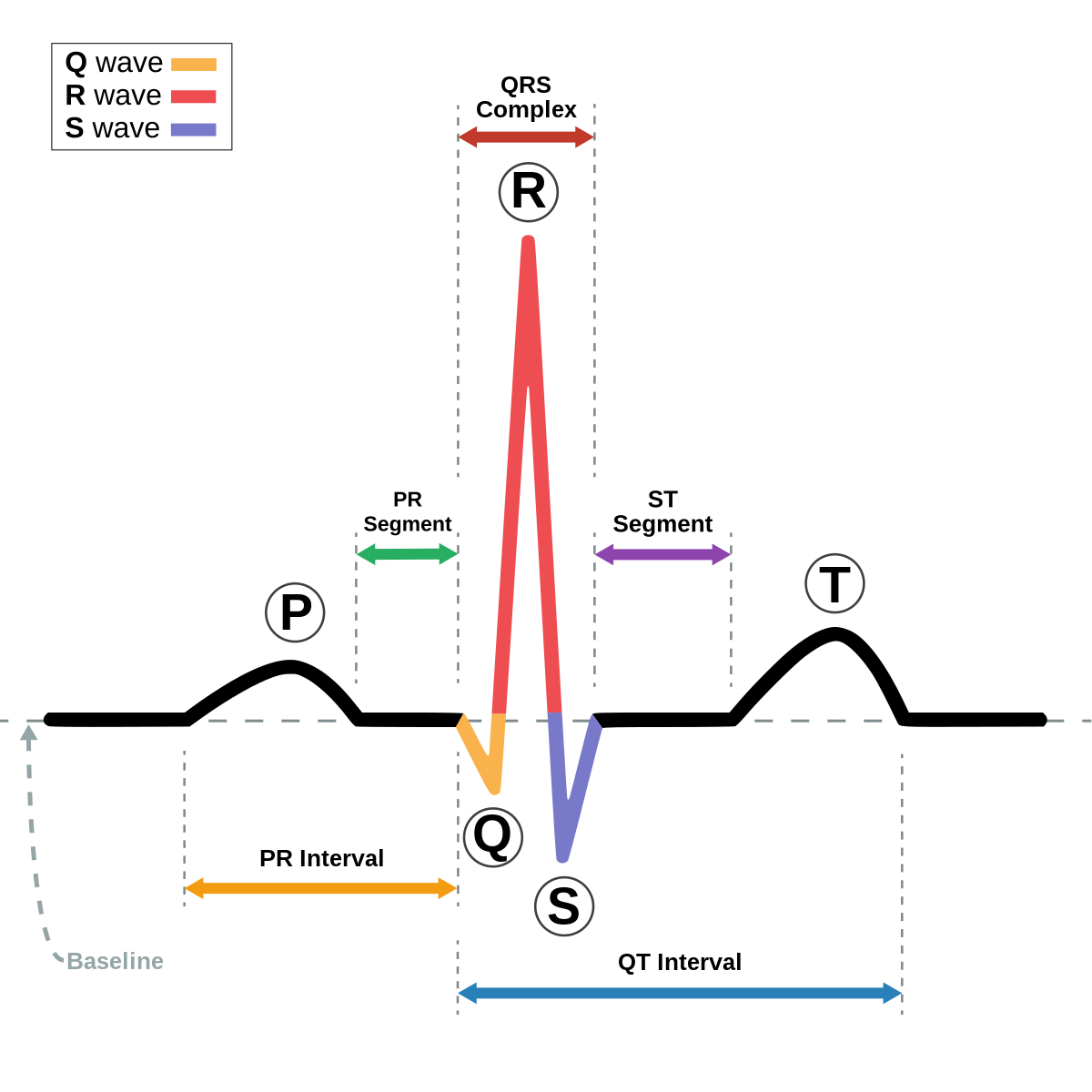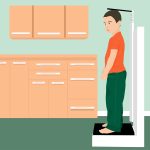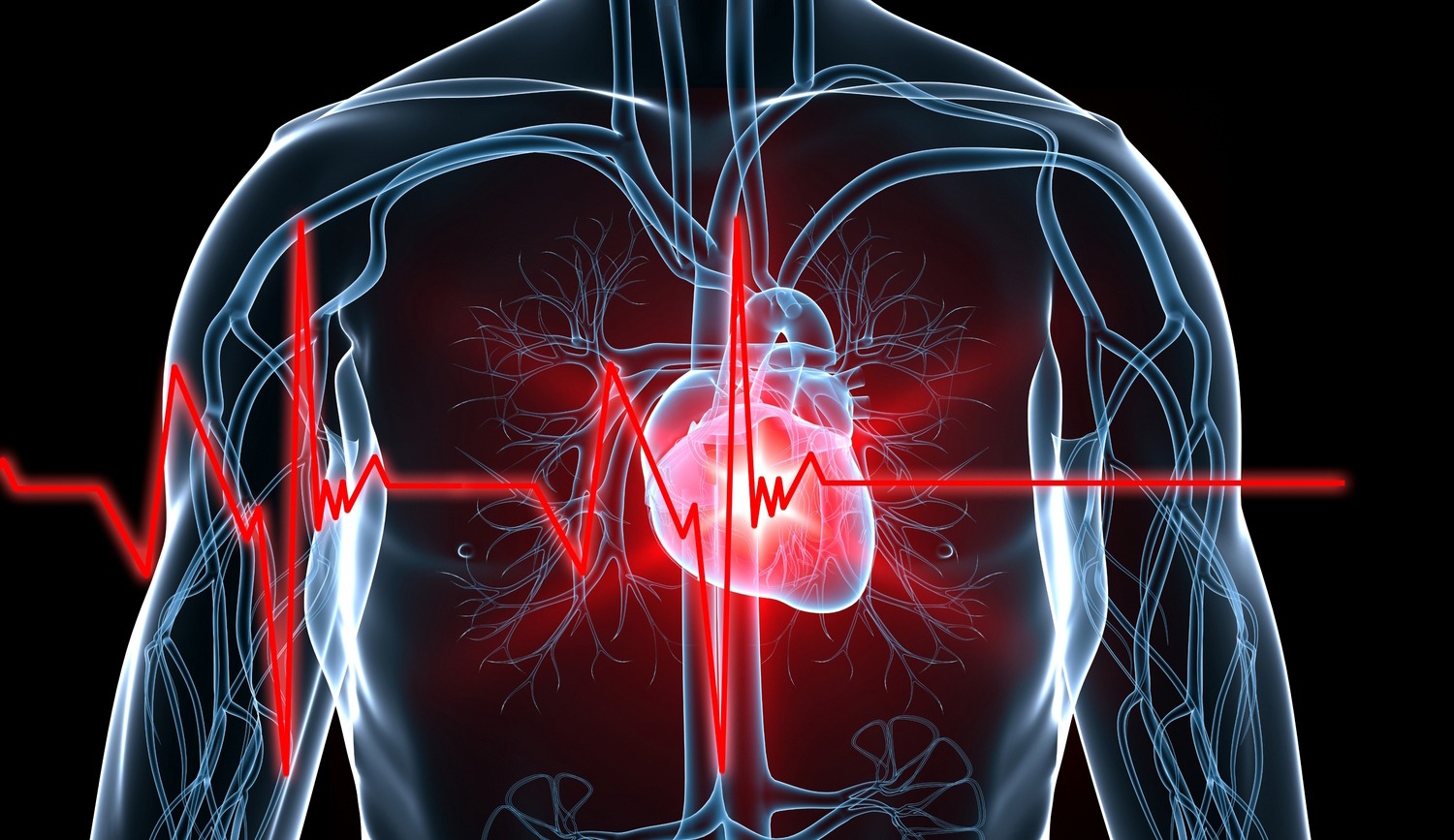
What are heart arrhythmias?
An arrhythmia is a heart condition where your heart beats abnormally. This is due to a problem with the electrical signals that coordinates your heartbeats. The heart may beat too fast, too slow, or irregularly.
Some heart arrhythmias are serious, while others are not.
What are some types of heart arrhythmias?
Some of the different types of heart arrhythmias are given below.
Ectopic beats
Ectopic beats are a common type of arrhythmia. Many people occasionally have extra or missed beats. Most people don’t notice them.
An increase in ectopic beats can happen because of:
- anxiety
- caffeine
- exertion from exercise
- nicotine
- stress
- tiredness
Supraventricular arrhythmias
Supraventricular arrhythmias usually cause a fast and irregular heartbeat. This can start suddenly.
The most common one is atrial fibrillation. This is where the top 2 chambers of the heart (the atria) quiver instead of beating normally. This stops the heart from pumping blood effectively.
Ventricular arrhythmias
Ventricular arrhythmias are irregular heartbeats that start in the lower part of the heart. These are serious and require immediate medical attention.
Bradyarrhythmias
Bradyarrhythmias (also known as bradycardia) is when your heartbeat is too slow. In some cases, this may make you feel dizzy and lose consciousness.
What are the symptoms of heart arrhythmias?
Many people with heart arrhythmias have no symptoms at all. But you might become aware of your heartbeat, which is known as having palpitations.
You might also feel:
- your heart is skipping a beat
- a racing heartbeat
- a slow heartbeat
- an irregular heartbeat
- a fluttering in your chest
You may have other symptoms such as:
- chest pain
- feeling lightheaded or dizzy
- fainting
- feeling short of breath
- sweating
If you think you might have an arrhythmia, see your doctor.
You should call triple zero (000) for an ambulance if you feel your heart is beating in an unusual way and you:
- feel dizzy or light-headed
- faint
- feeling short of breath
- have pain in your chest
What causes heart arrhythmias?
Some people with heart arrhythmias have coronary heart disease.
Other heart problems and factors that can be related to heart arrhythmias include:
- abnormal heart valves
- cardiomyopathy
- high blood pressure
- thyroid problems
- obstructive sleep apnoea
- some medicines
- heavy alcohol use
Conditions that you can inherit or be born with that cause an abnormal or fast heartbeat include:
- Brugada syndrome
- Long QT syndrome
- Wolff-Parkinson-White syndrome
How are heart arrhythmias diagnosed?
Normally you don’t feel your heartbeat, so if you notice your heart is beating out of time or is too fast or too slow, you should see your doctor.
Your doctor will ask about your symptoms and about any other medical conditions you have and medicines you take.
If you have palpitations, your doctor will ask:
- whether the palpitations come on suddenly, and how long they last
- how often you have them
- what seems to bring them on
- whether you have a family history of heart rhythm problems
Your doctor will do a physical examination, including listening to your heart.
If your doctor suspects you have a heart arrhythmia, they may recommend the following tests.
- An electrocardiogram (ECG) that measures and records the electrical activity of your heart.
- A holter monitor — a portable device that does a continuous ECG for 24 hours or longer.
- An echocardiogram, which uses ultrasound to look at your heart.
- Chest x-ray.
- Blood or urine tests.
- A stress test, which measures how well your heart performs during exercise.
- Electrophysiology studies that look at how your heart conducts electrical activity.
- Heart catheterization, where a catheter is put into an artery in your wrist or your groin (between your stomach and your thigh). This allows dye to be injected into the arteries of your heart. The dye shows your doctor if there are any blockages in your coronary arteries.
How are heart arrhythmias treated?
Treatment for arrhythmias varies widely, depending on which arrhythmia you have, your age and your other medical conditions.
Your doctor will take these factors into consideration when recommending treatment. Some arrhythmias are harmless, and no treatment is required.
Other arrhythmias need treatment and you may need to see a cardiologist (heart specialist) for further tests and treatments.
If treatment is needed, your options can include:
- Medicines (for example beta-blocker medicines can help to control heart rate).
- Implantable devices, such as a pacemaker (which can help with a slow heart rate). Or an implantable cardiac defibrillators (ICD), if you’re at risk of dangerous arrhythmias.
- Electrical cardioversion (an electric shock given under anaesthetic to restore a normal heart rhythm).
- Surgical ablation (which is sometimes used to treat atrial fibrillation and other arrhythmias).
The goals of treatment may be to control the heart rate or to re-establish the normal rhythm of your heart (if possible).
It is also important to treat any underlying medical problems that may be contributing to the arrhythmia.
Complications of heart arrhythmias
Complications depend on the type of heart arrhythmia you have. Some possible complications include:
- stroke
- heart failure
- cardiac arrest and sudden death
It’s important to look after your heart to minimise your risk. See your doctor for regular heart health checks from the age of 45 years, or from 30 years if you’re of Aboriginal and/or Torres Strait Islander descent.
Always see your doctor if you have any symptoms of heart arrhythmias.
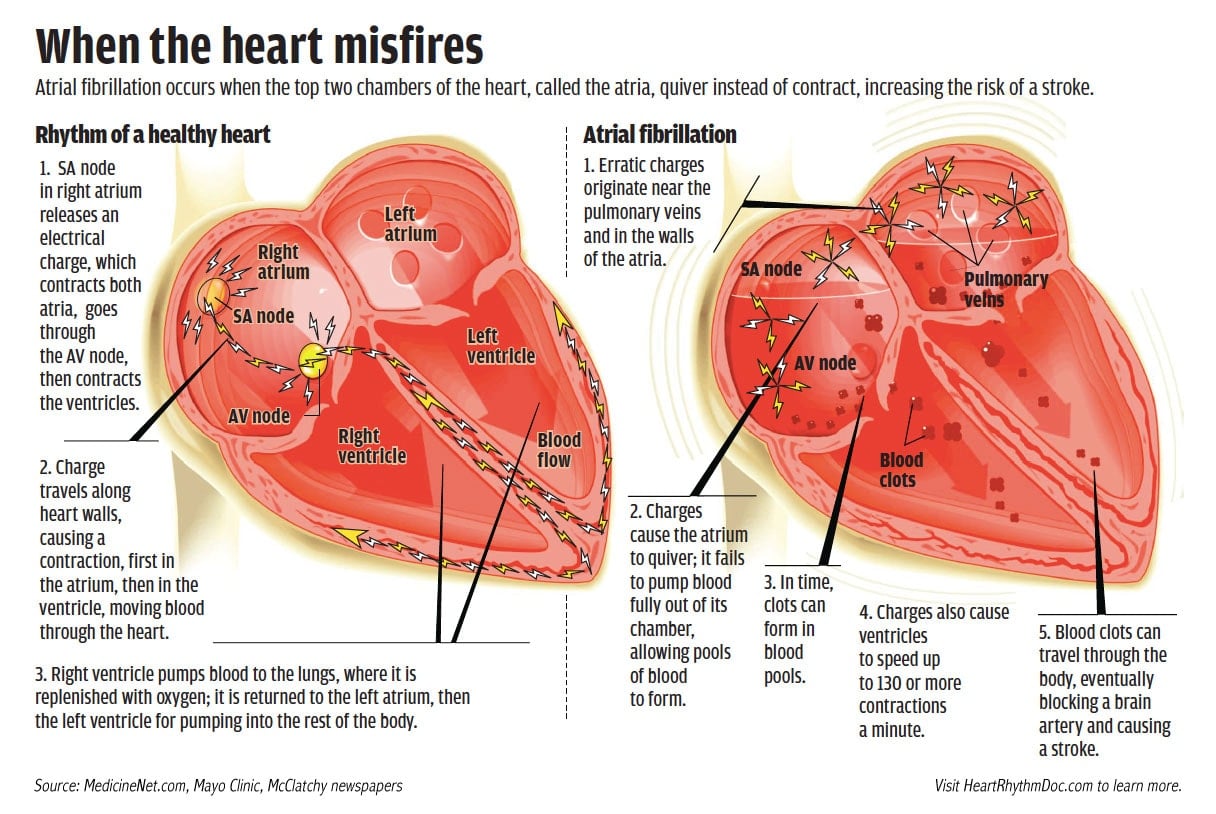
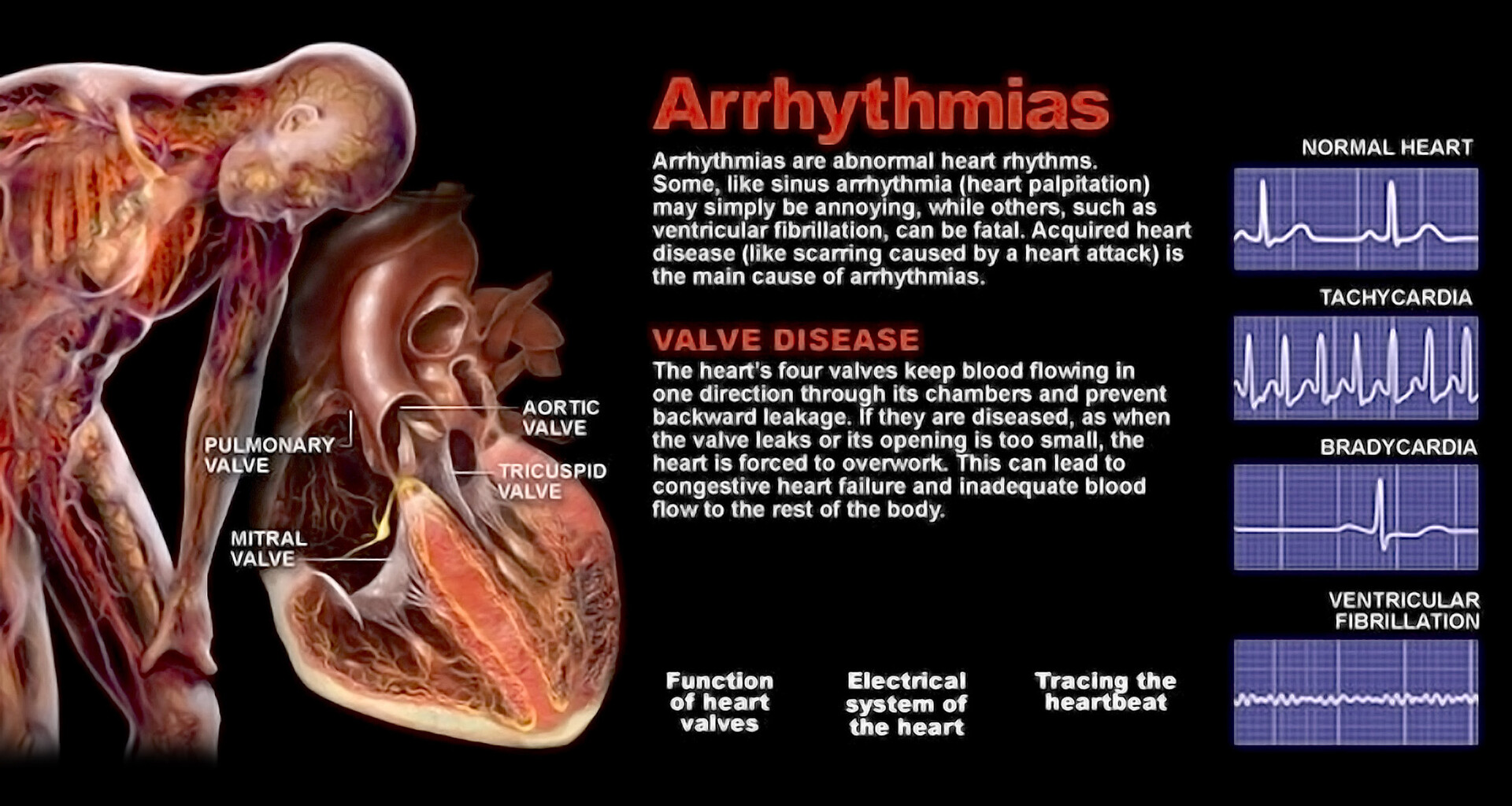
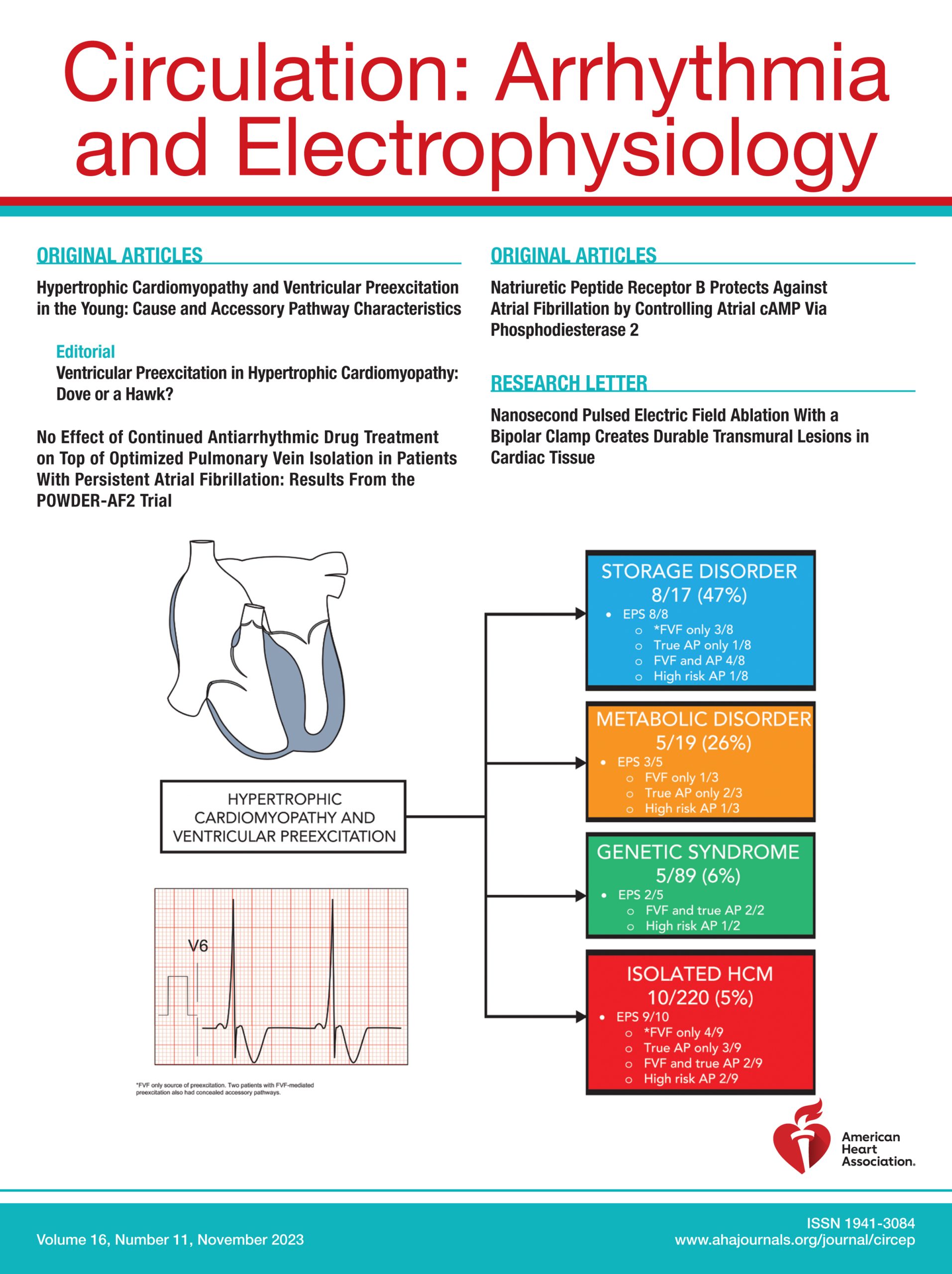
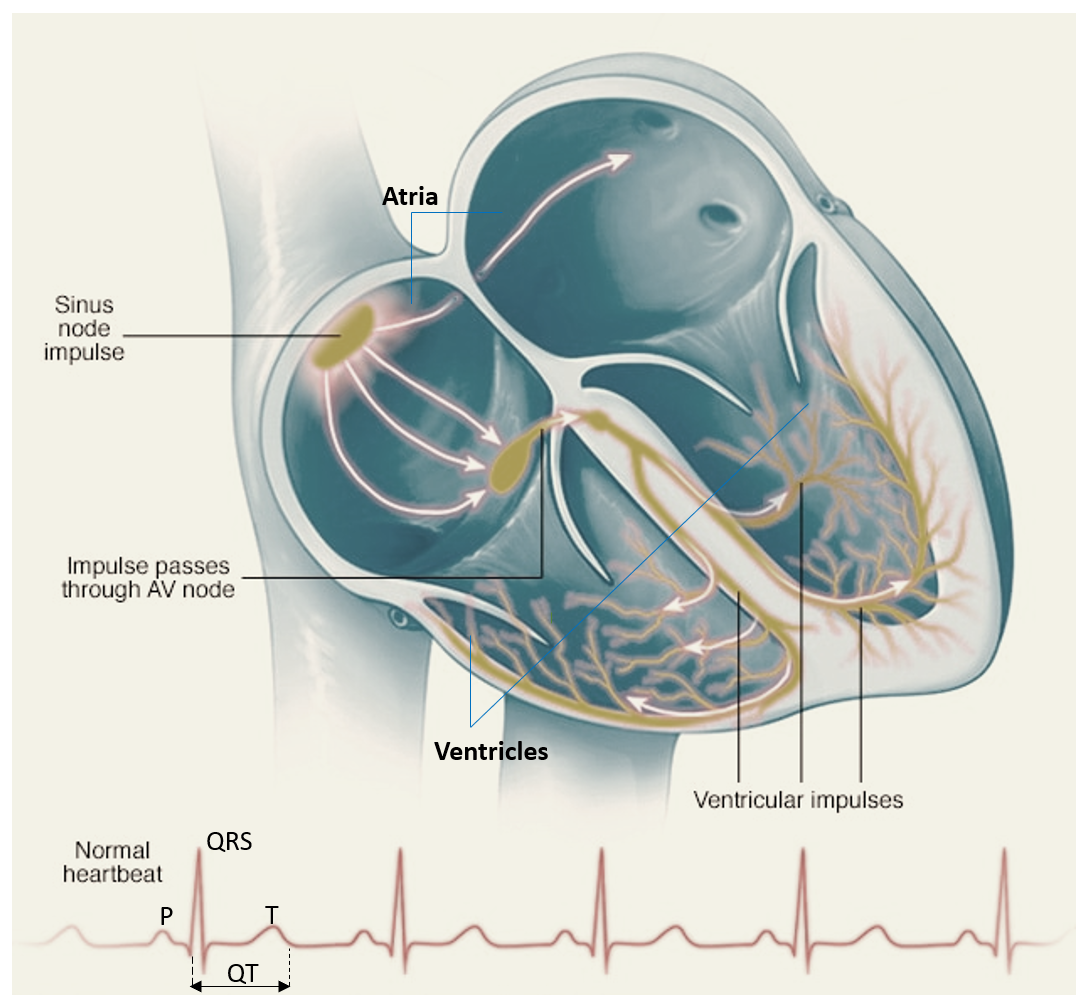
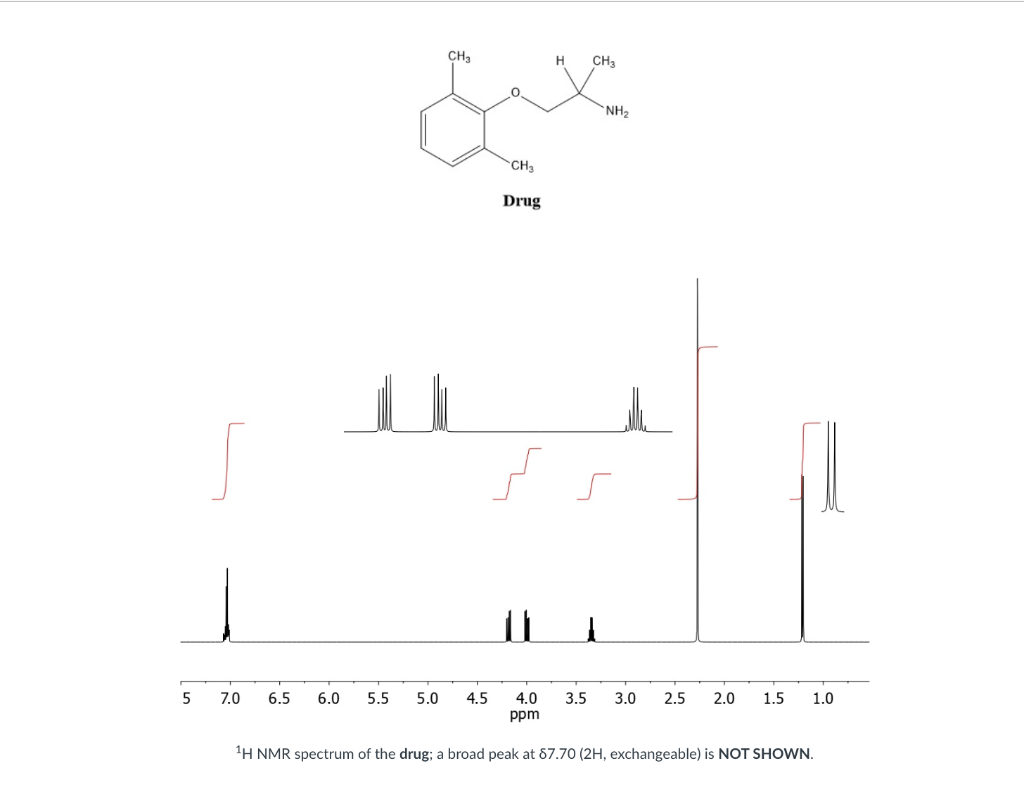
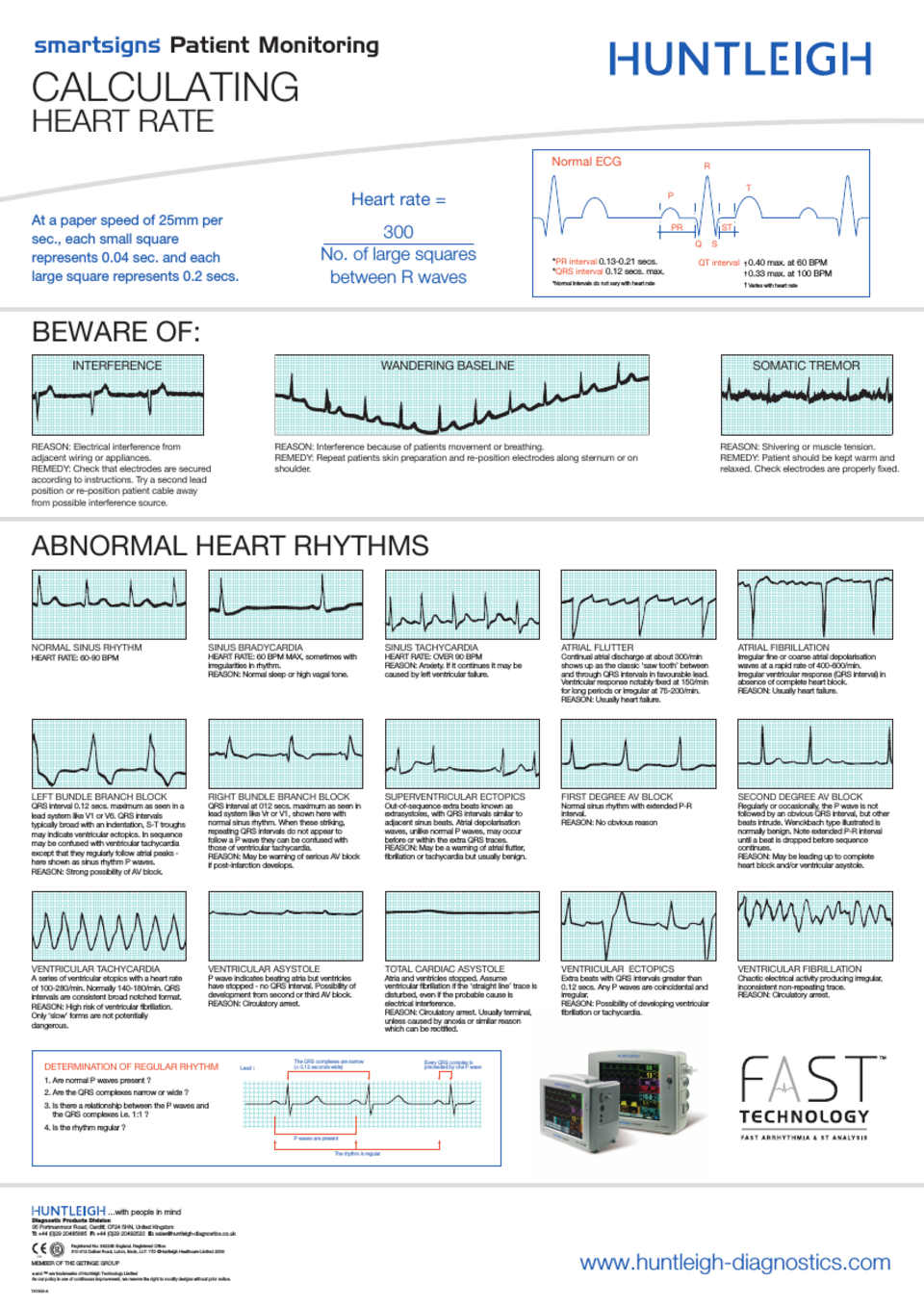
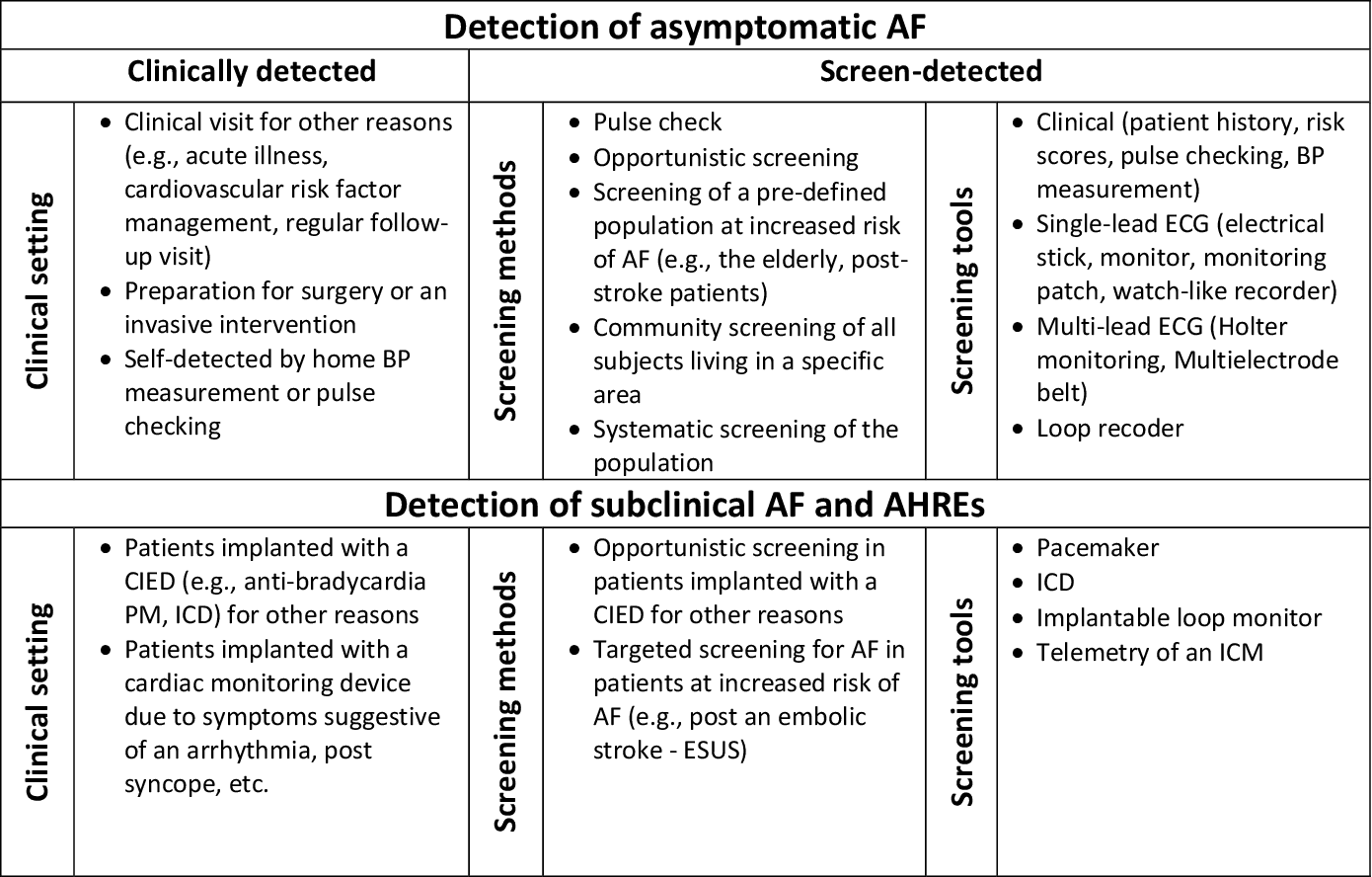
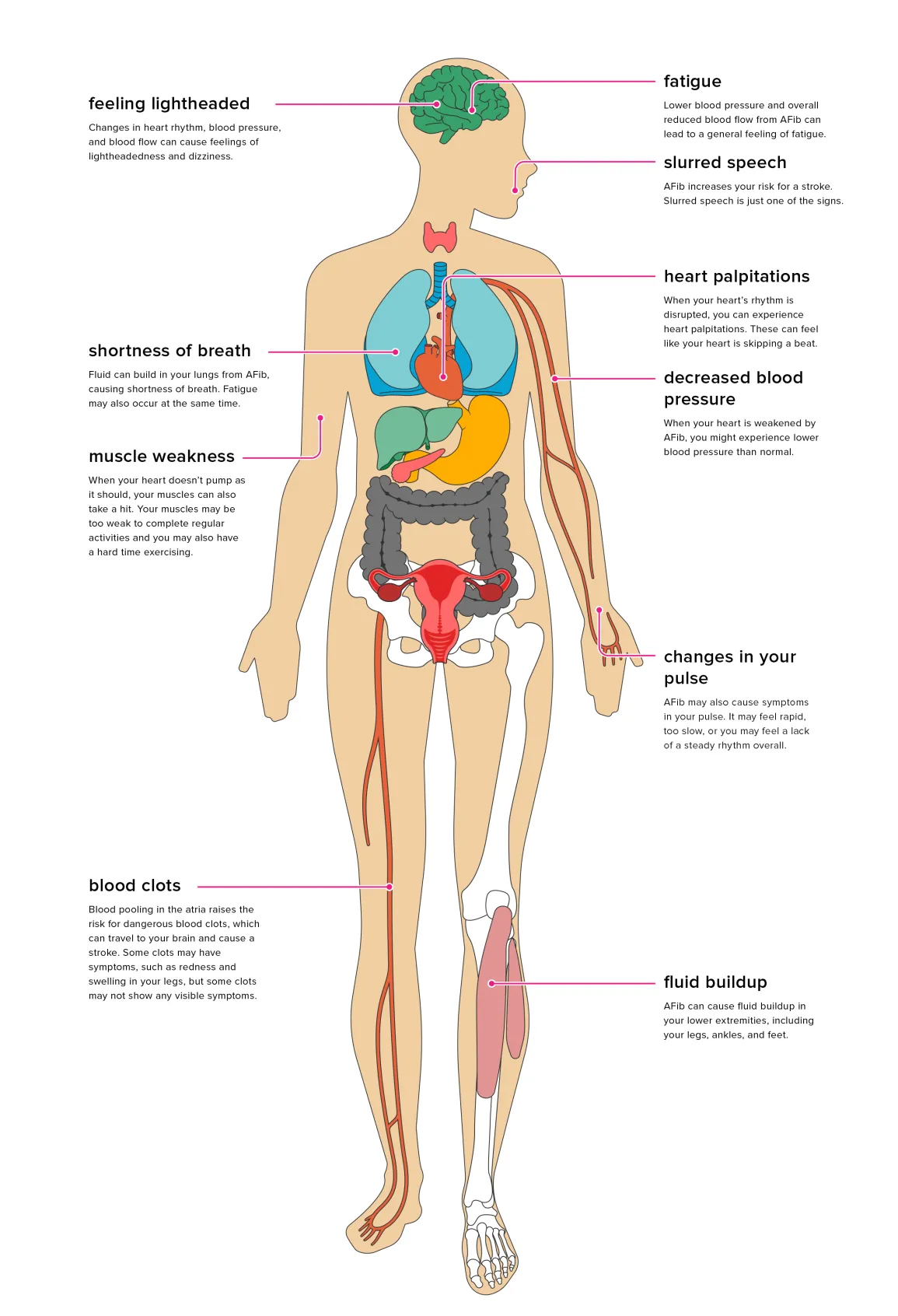
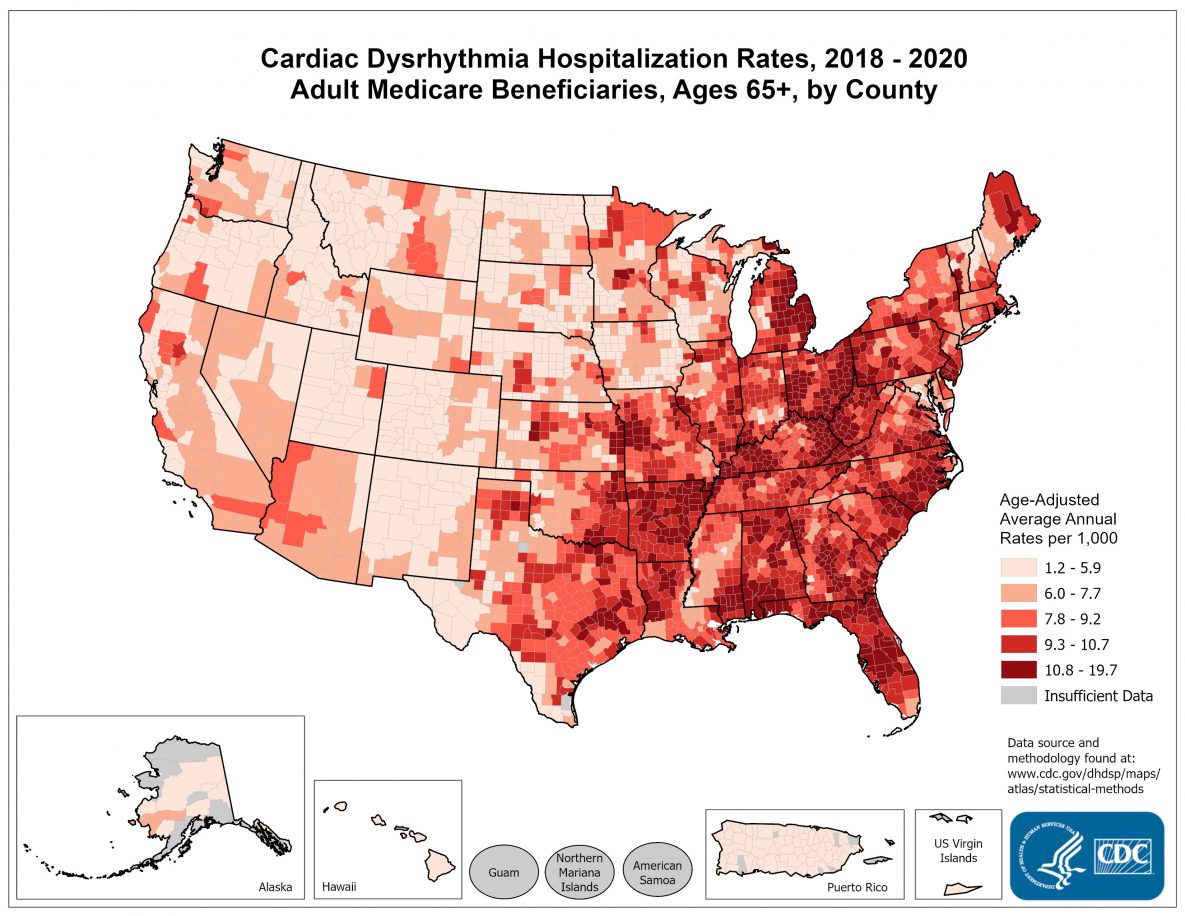
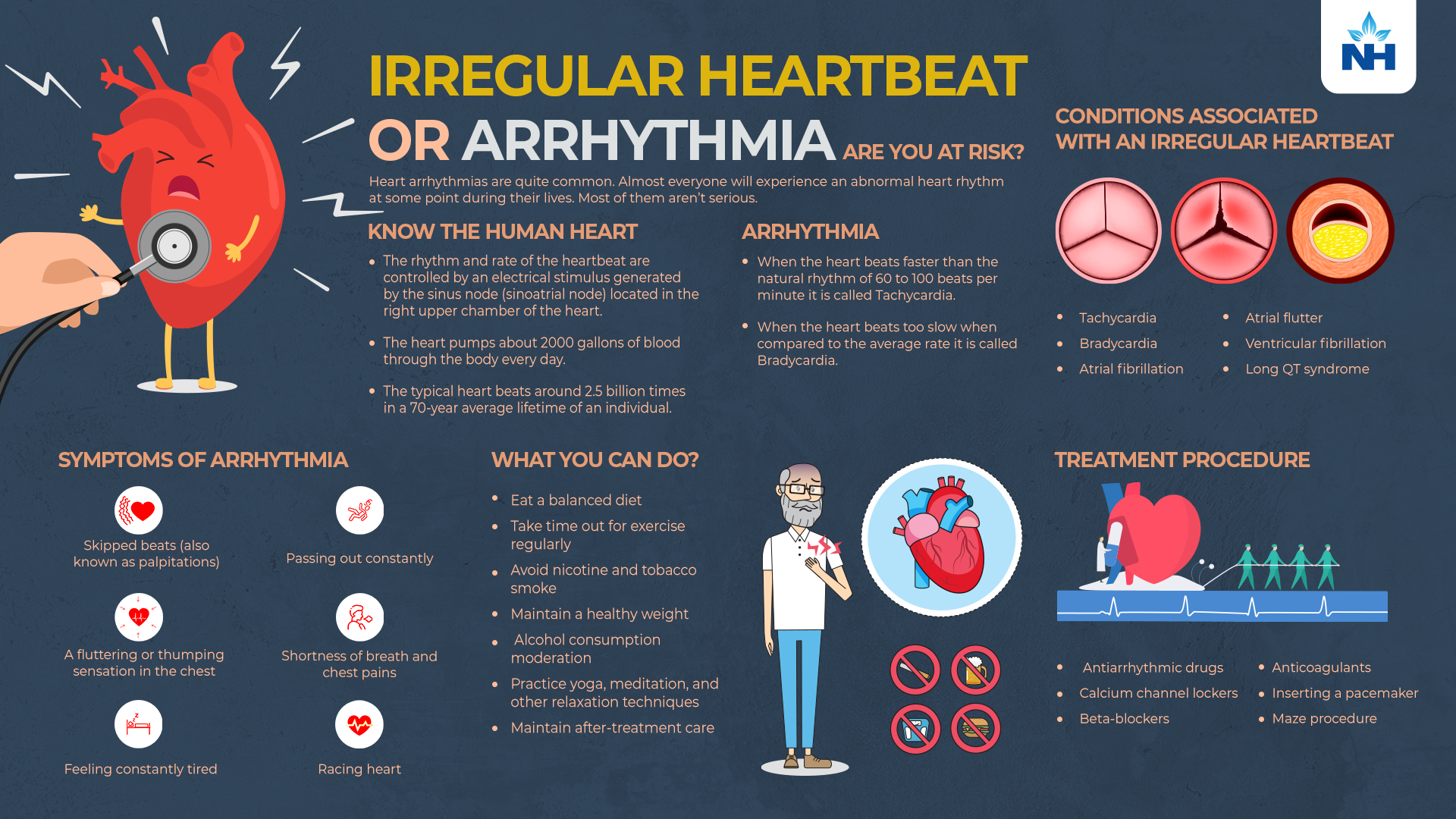
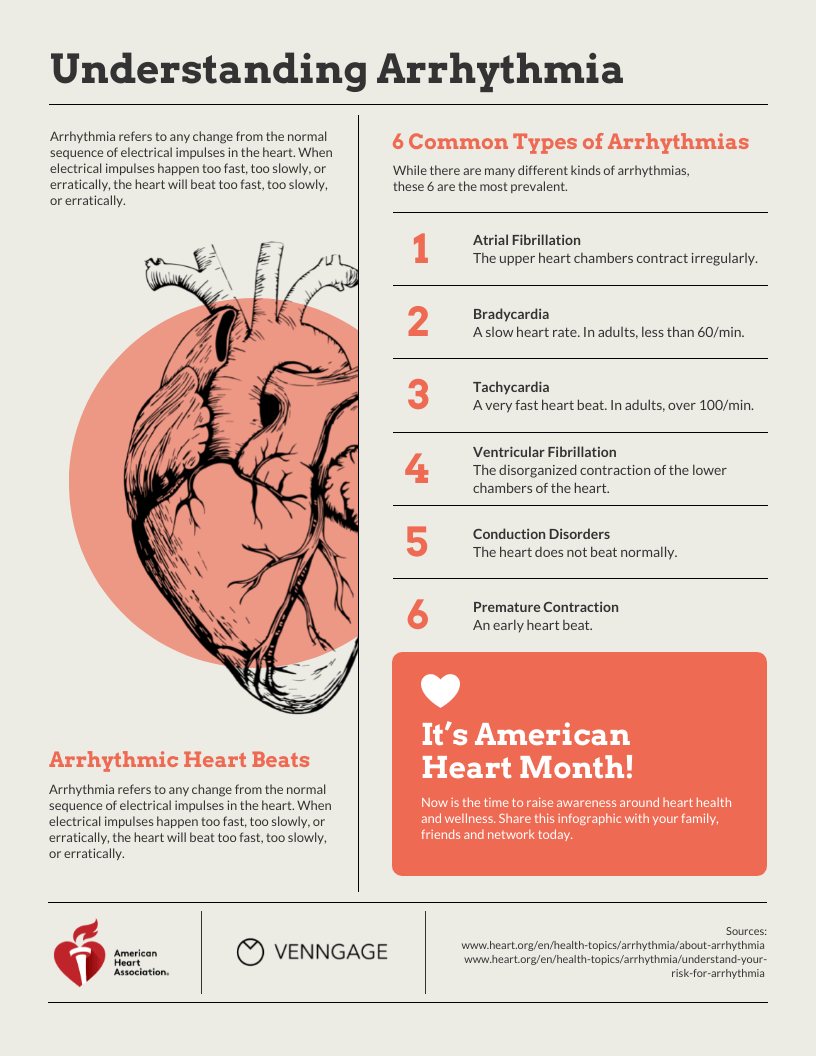

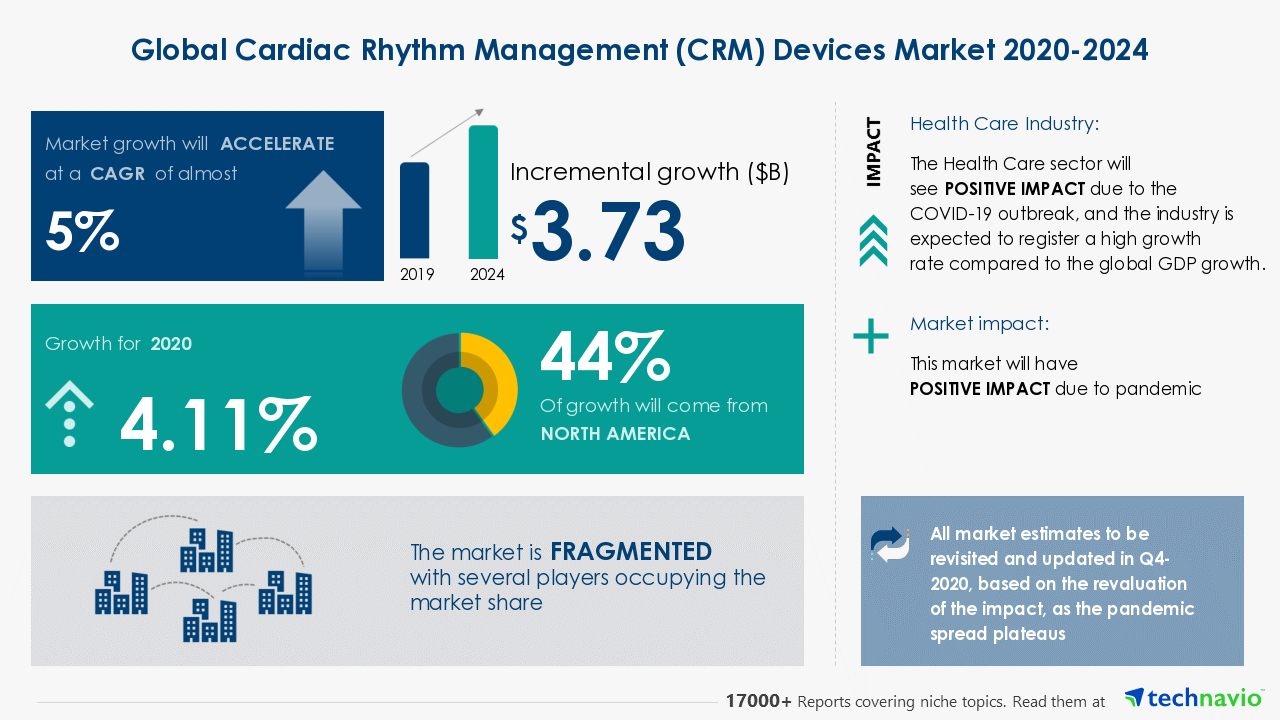


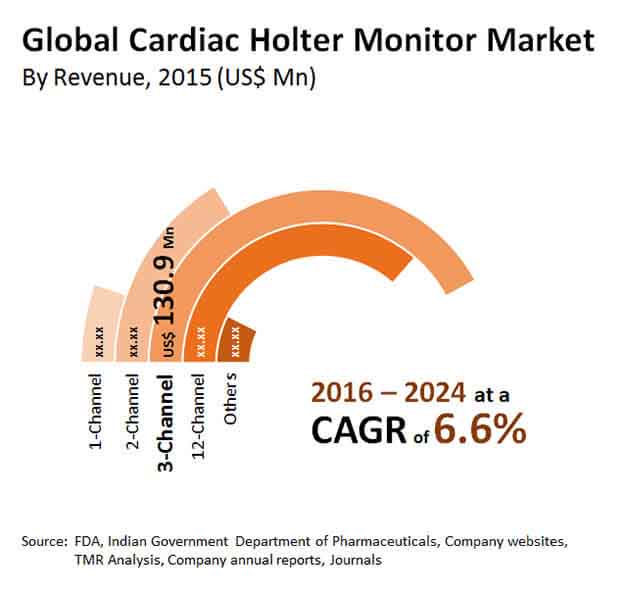
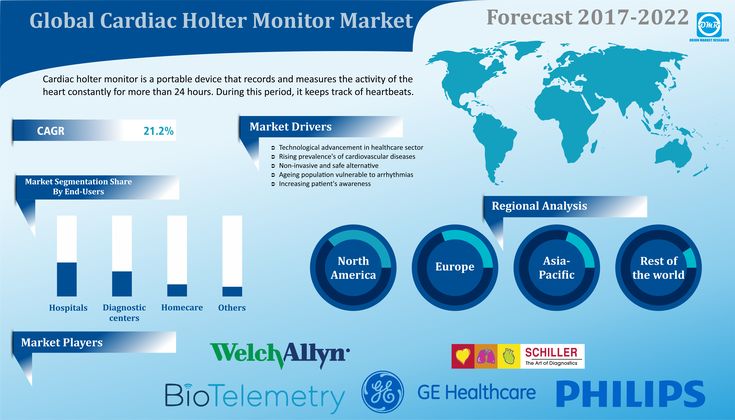


Holter Monitor Market by Channel and Geography – Forecast and Analysis 2021-2025
